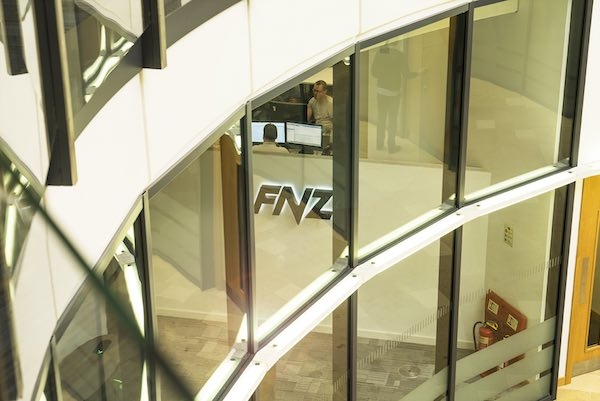FNZ has challenged the decision by the Competition and Markets Authority to block its proposed merger with rival GBST, saying that the watchdog has an artificially narrow view of the platform market.
The CMA provisionally blocked the ‘mega-merger’ of platform providers FNZ and GBST earlier this month due to concerns that the tie-up would hit competition and may lead to investors paying more. As a result, FNZ may now be forced to sell all or part of GBST.
The two firms dominate the ‘platform engine’ sector in the UK.
In its provisional block on the deal, the CMA made a distinction between ‘Retail’ and ‘Non-Retail’ platforms and considered both FNZ and GBST’s clients to be ‘Retail’ platforms. FNZ argued in its response that by doing so it did not consider a number of companies they consider competitors.
In its official response to the regulator FNZ said: "The CMA’s proposed ‘Retail’ product market is artificially narrow and entirely at odds with the evidence showing that the requirements of Retail and Non-Retail platform customers are the same or very similar.
“In addition, the CMA has failed to consider the supply-side constraint exerted by Non-Retail suppliers.
“Even within the CMA’s artificial ‘Retail’ segment, FNZ and GBST are not close competitors. There are several strong, actual and potential, alternative suppliers. The consequence of adopting a narrow market definition is that out of market constraints are significant – these constraints have not been adequately assessed.”
The CMA’s proposal to remedy the issue includes the sale of GBST post-merger.
In its response FNZ said this would be “entirely unreasonable and disproportionate”.
It said: “Less onerous remedies are available that would be fully effective in addressing the substantial lessening of competition.”
The competition watchdog estimates that the merged business would be by far the largest supplier in the UK, holding close to 50% of the market.

